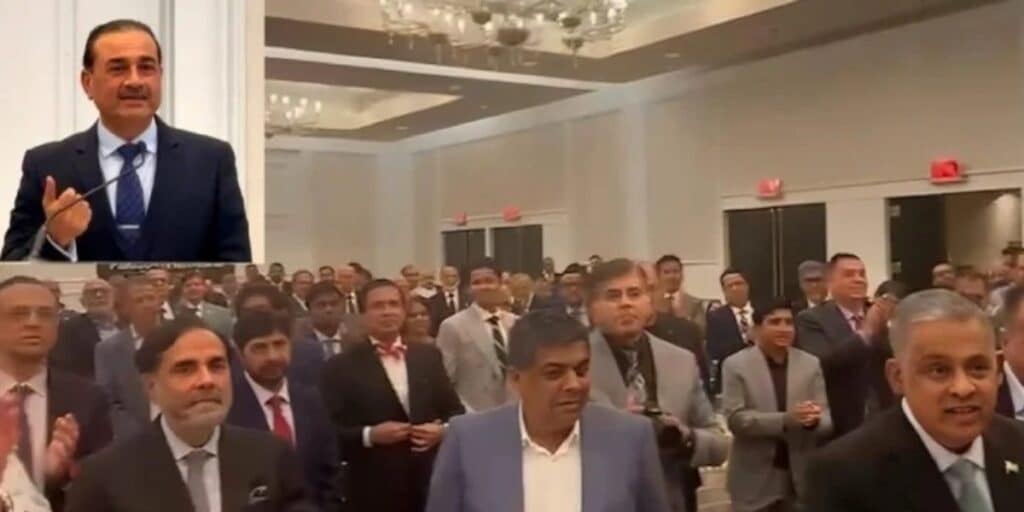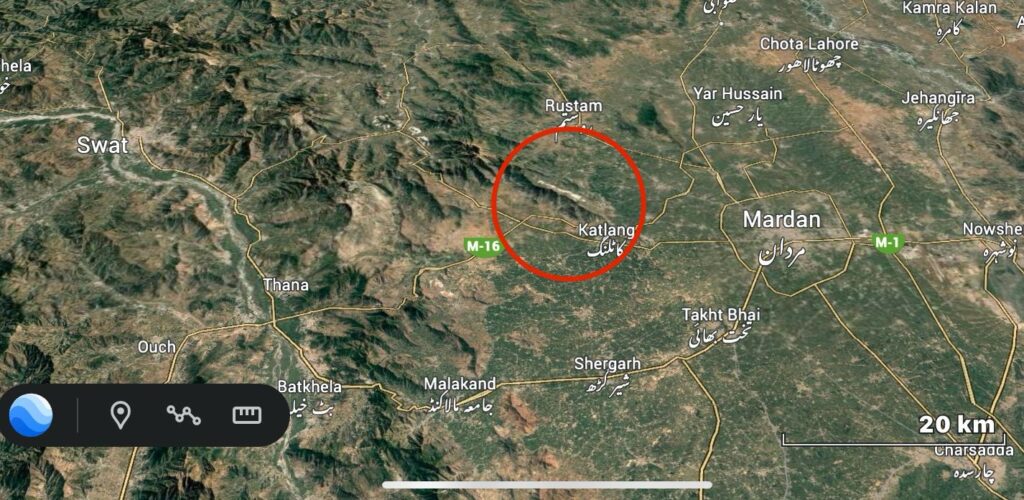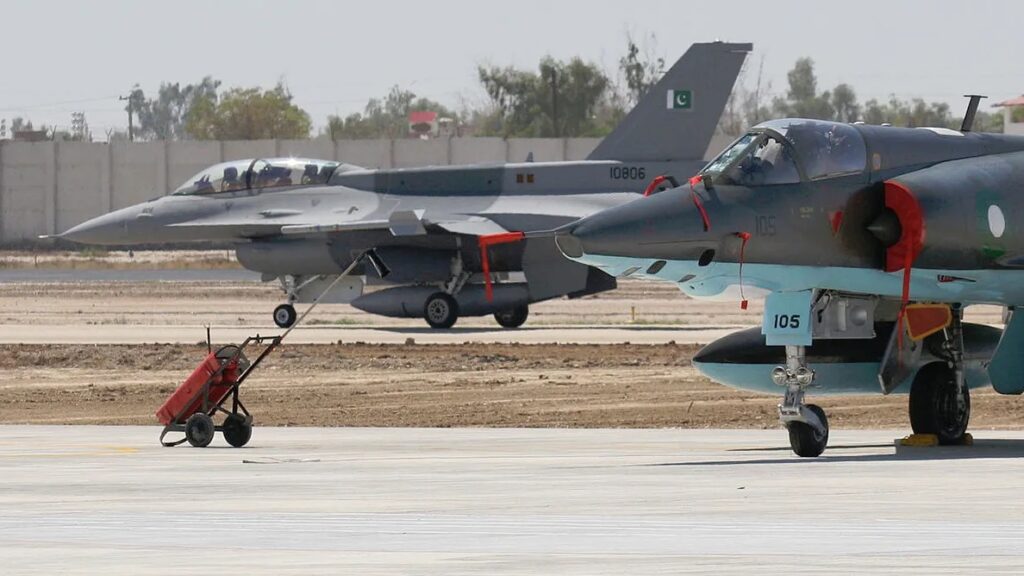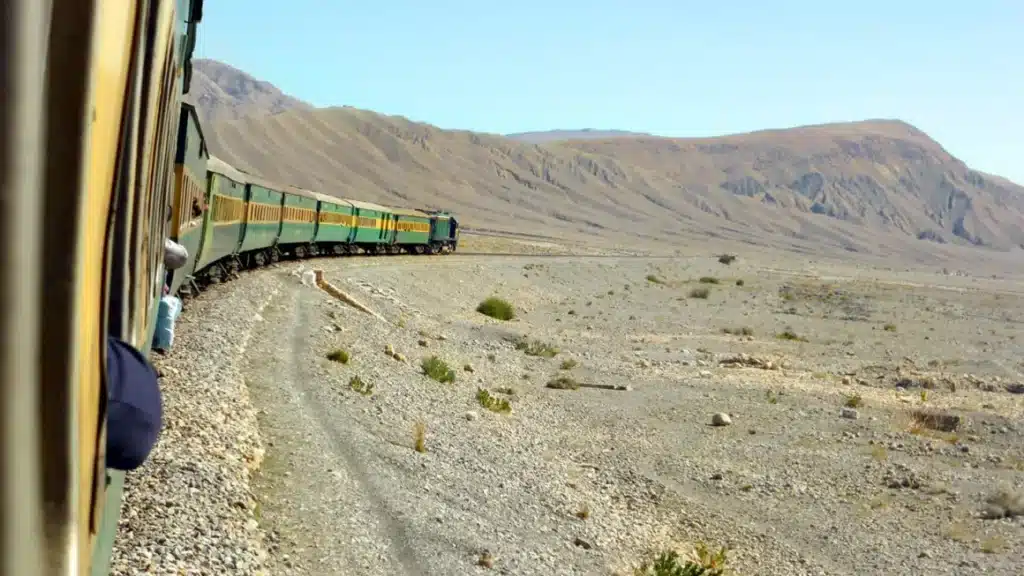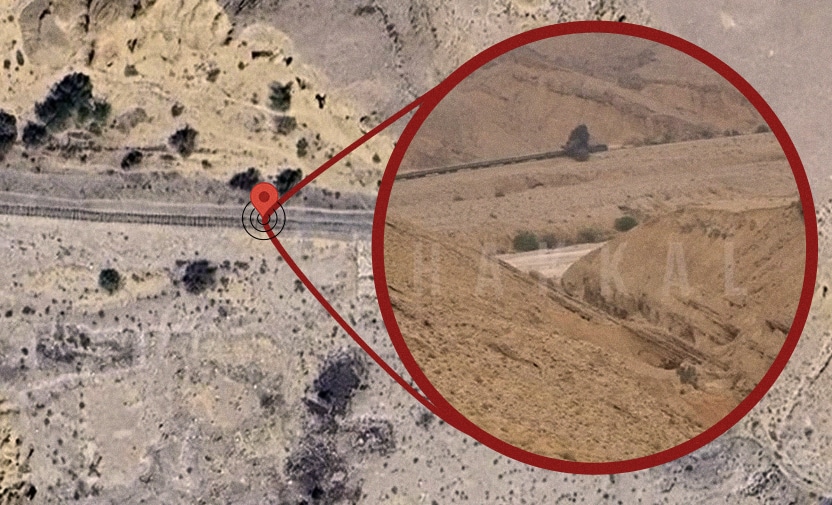WASHINGTON: In Washington, Field Marshal General Syed Asim Munir addressed a large gathering of the Pakistani community, announcing that action against India on terrorism is imminent, and the world will soon witness significant developments.
He elaborated on Operation “Bunyan-e-Marsous,” highlighting Pakistan’s decisive response to the Pulwama incident.
He questioned why, with hundreds of thousands of Indian troops and checkpoints every ten kilometers, only four individuals managed to carry out the Pulwama attack.
He dismissed the notion that these individuals were invincible, emphasizing that the failure lay with Indian security. Munir clarified that after India contacted Pakistan on the hotline claiming they had done what they needed and were ready to hold discussions at 9 AM, Pakistan responded that it would complete its measures before deciding on dialogue.
Despite international pressure to hold back, Pakistan struck only in self-defense and defended its sovereignty.
He noted that Prime Minister Shehbaz Sharif, when briefed, asked about the chances of escalation to a full-scale war. Munir responded there was a fifty-percent probability, to which the prime minister gave his full backing, stating, “Bismillah, Allah is with us.” Munir described this political leadership as exceptional.
He explained that the operation’s name was inspired by Air Marshal Zaheer Ahmad Babar Sidhu, who described the Air Force as a “reinforced steel wall” in defense of Pakistan, leading to the name “Bunyan-e-Marsous.” While acknowledging the use of some Chinese equipment, he emphasized that the Pakistani Armed Forces executed the operation with such effectiveness that it would challenge China as well.
Munir revealed that Pakistan had successfully hacked Indian systems—disrupting electricity, opening dam spillways, hijacking missile defense systems, and deploying drones in Gujarat and Delhi.
Although 20 Indian aircraft were locked onto, only six were targeted to uphold wartime ethics. He described the war as fought on five synchronized fronts, each successfully repelling the enemy.
He said India underestimated Pakistan’s cohesion and public support, noting that even if he were killed, his son would willingly step forward. He credited divine support for giving Pakistan recognition on the global stage.
Field Marshal Munir emphasized that the real strength of Pakistan’s army is its people, whose unity during conflict was so flawless it appeared rehearsed.
He refrained from claiming victory directly, likening the operation’s success to a miracle, drawing parallels to the conquest of Mecca.
On Kashmir, he noted former US President Trump mentioned the issue 13 times, predicting the world will soon revisit the events of 1971 when India supported insurgents in East Pakistan.
He clarified that while the US opposes terrorism in Pakistan, India supports it.
Discussing Pakistan’s economy, he highlighted potential mineral deals with the US valued at $400–500 billion, asserting Pakistan holds over $1 trillion in mineral reserves. He added that American investment could yield $10–15 billion annually for a century, and emphasized local processing to create jobs.
Munir projected rapid economic growth over the next five years, aiming to join the G10 by 2047. He announced agreements with American crypto councils for crypto mining and AI data centers in Pakistan.
Reflecting on historical unity, he recalled how prayer and goodwill marked processions across sectarian lines in Lahore. Responding to calls for a “return to the old Pakistan,” he said, “We don’t want old or new Pakistan—we want our Pakistan.”
He praised Pakistani-American professionals as “brain gains,” urging that such contributions continue. At the event’s opening, Ambassador Rizwan Saeed Sheikh confirmed Pakistan targeted 20 Indian jets but struck only those that initiated attacks to demonstrate a commitment to peace.
ALSO READ: Field Marshal Asim Munir Vows to Defeat Terrorism with Unity
Top Pakistani-American figures like Dr. Ijaz Ahmad and engineer Tanveer Ahmed echoed Munir’s address, saying they had previously doubted media claims but were convinced by Munir’s detailed briefing. Attendees cheered “Pakistan Zindabad” and “Pak Army Zindabad,” celebrating what they called a historic victory for the armed forces, government, and nation.

